How to Sell on Amazon UAE – Amazon Seller Account UAE
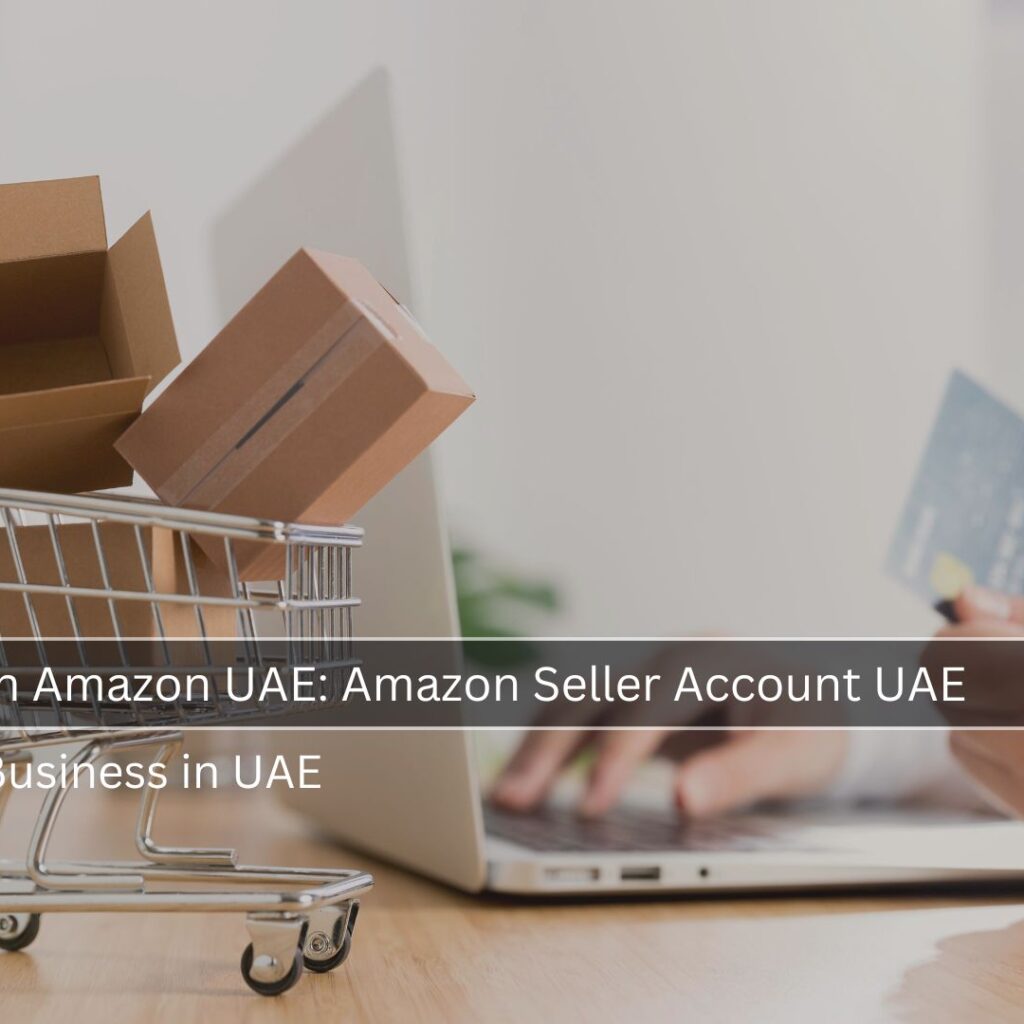
How to Sell on Amazon UAE in 2025: Amazon Seller Account UAE Amazon’s expansion into the United Arab Emirates (UAE) has significantly transformed the region’s e-commerce landscape. With the launch of Amazon.ae, the company has opened new avenues for both local and international sellers to tap into a burgeoning online market. Amazon Seller Central serves […]
How to Setup your Business in Dubai Mainland in 2025
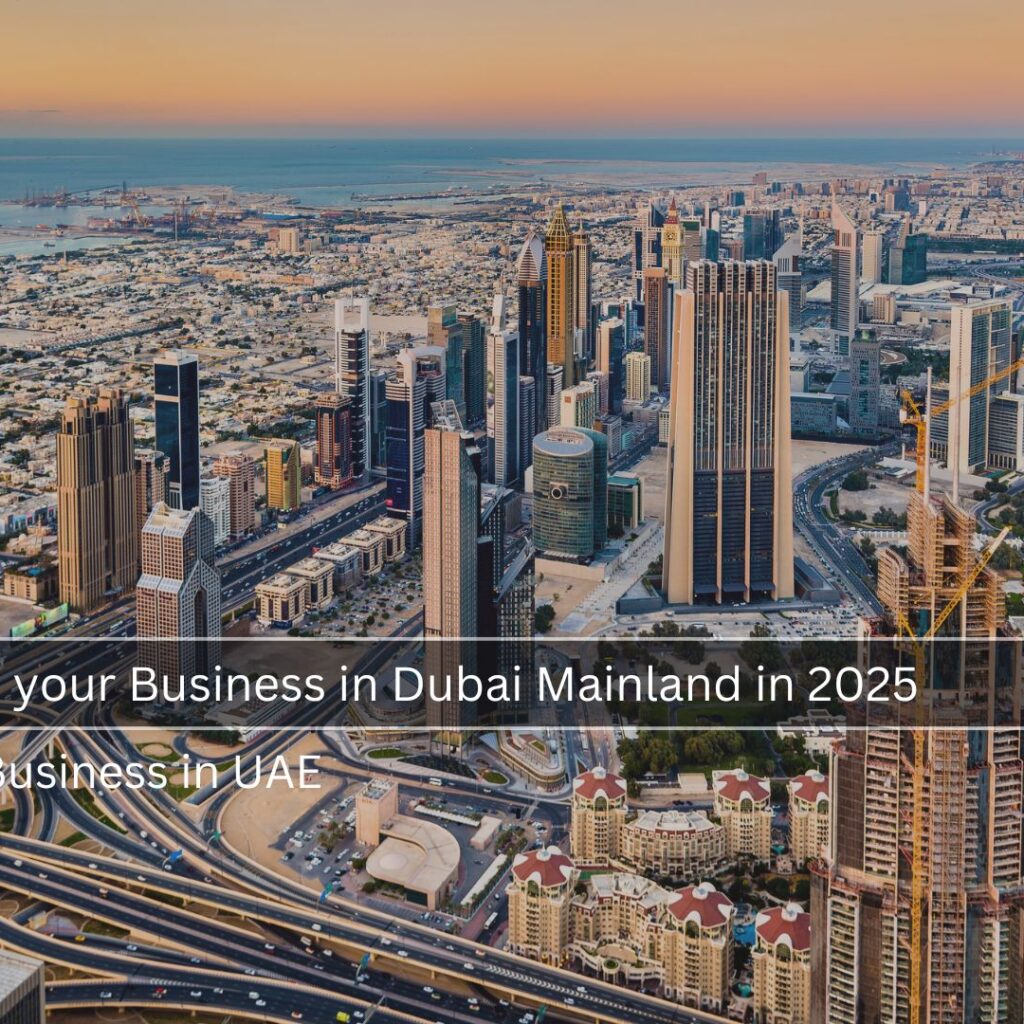
How to Setup your Business in Dubai Mainland in 2025 Dubai has rapidly transformed from a modest trading post into a leading global business hub, strategically bridging the East and West. Its remarkable growth is attributed to visionary leadership, strategic location, and a business-friendly environment that attracts entrepreneurs and multinational corporations alike. Dubai as a […]
Business Setup in Ras Al Khaimah Free Zone in 2025
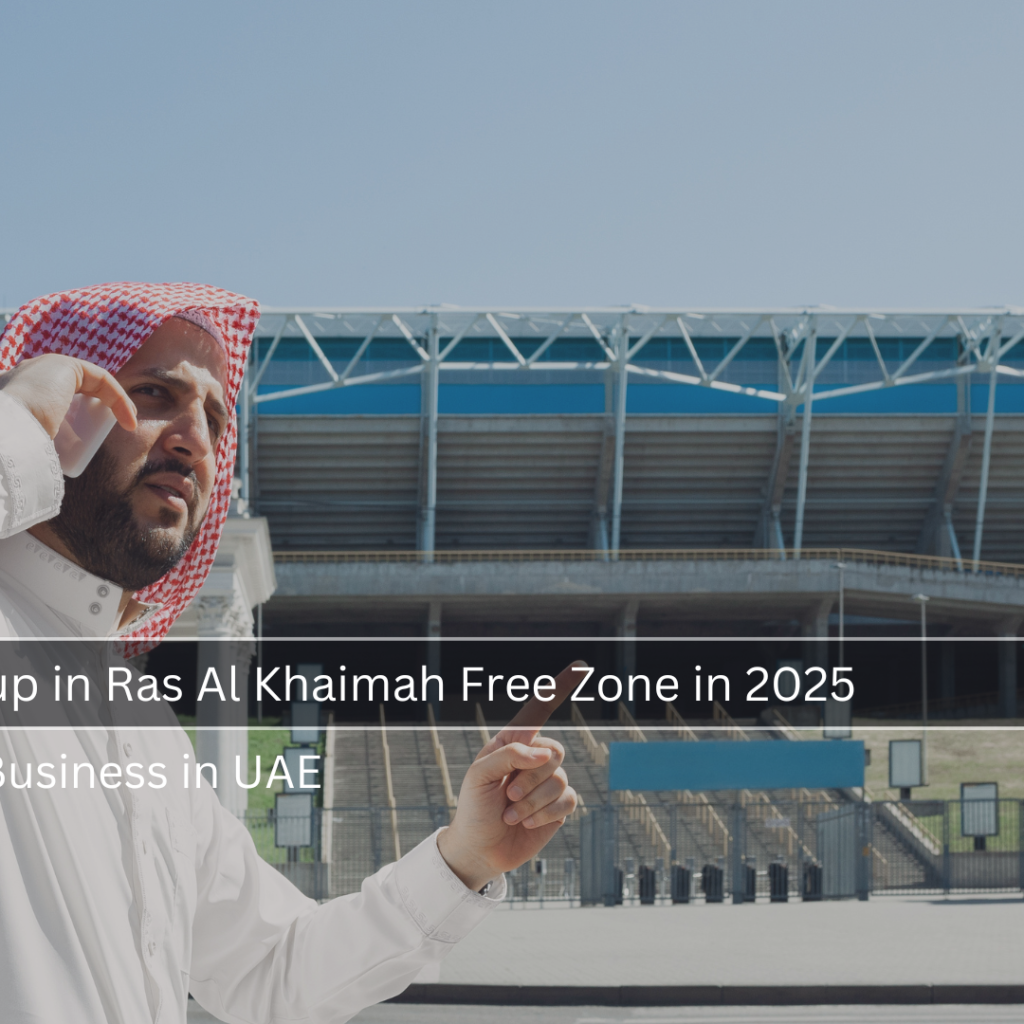
Business Setup in Ras Al Khaimah Free Zone in 2025 Ras Al Khaimah Free Zone: The United Arab Emirates (UAE) has rapidly evolved into a premier global business hub, strategically bridging markets across Europe, Asia, and Africa. This transformation is underpinned by the nation’s robust infrastructure, investor-friendly policies, and a diversified economy that extends beyond […]
Obtain a Real Estate License in Dubai in 2025
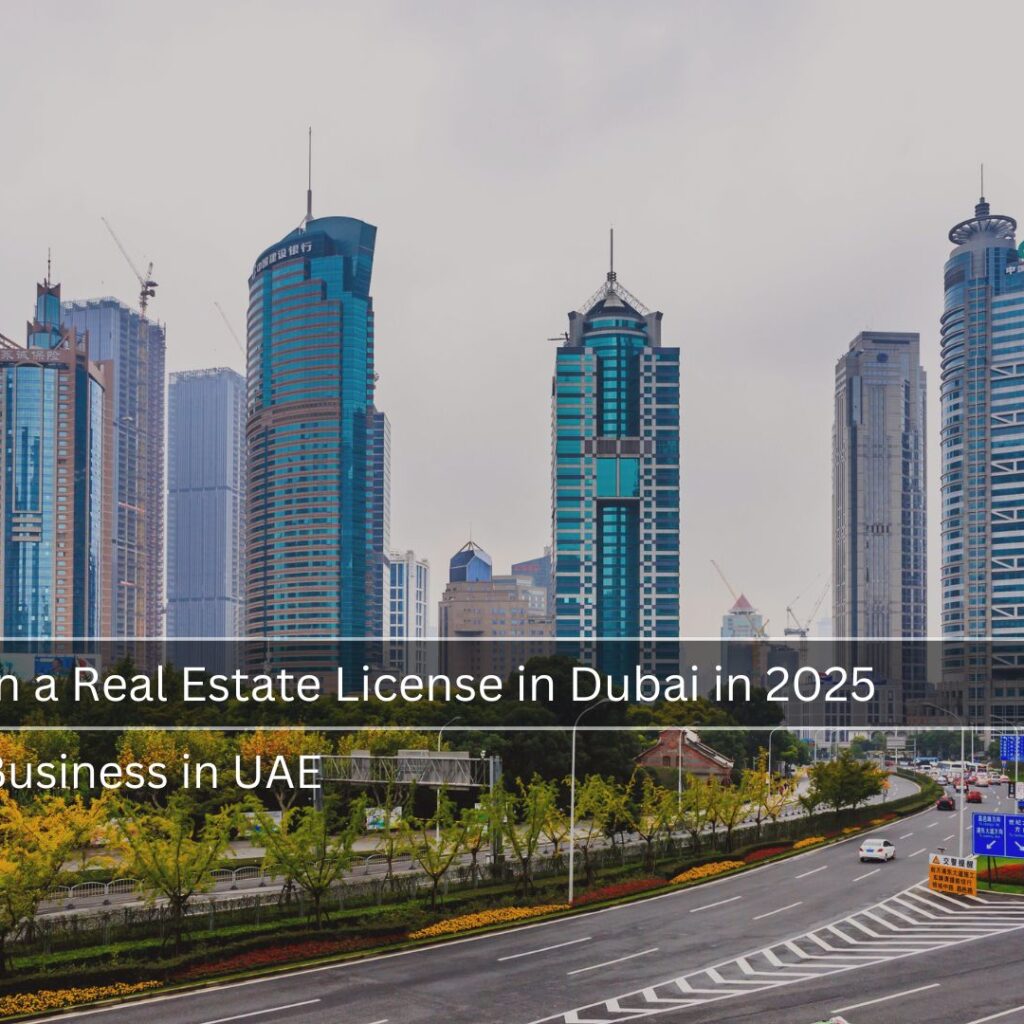
How to Obtain a Real Estate License in Dubai in 2025 Dubai’s real estate market has experienced significant growth, solidifying its status as a global hub for property investment and attracting professionals worldwide. The city’s strategic location, robust infrastructure, and investor-friendly policies have contributed to a dynamic property sector that appeals to both investors and […]
Start a Manufacturing Business in Dubai in 2025
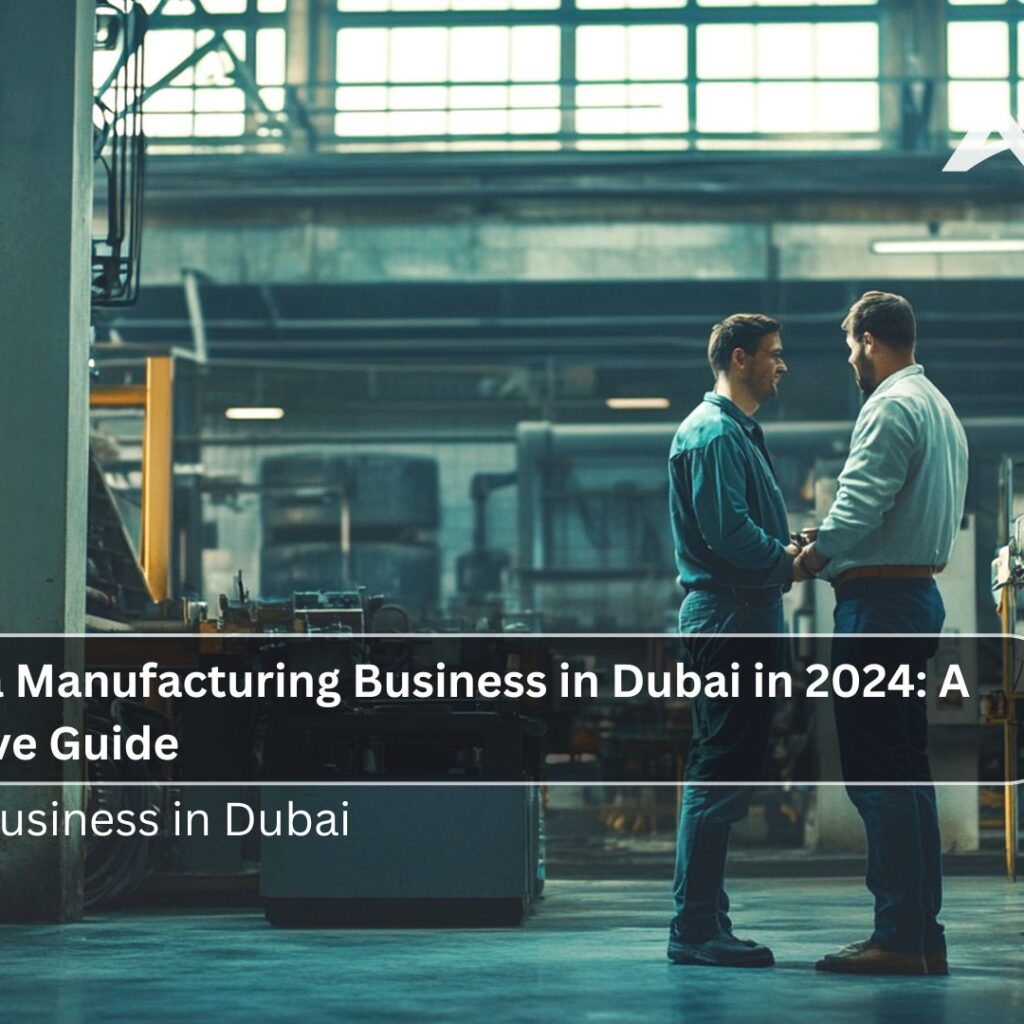
How to Start a Manufacturing Business in Dubai in 2025: A Comprehensive Guide Establishing a manufacturing business in Dubai is a lucrative opportunity, especially in 2025, with the Emirate’s growing economy and investor-friendly policies. Dubai’s strategic location, excellent infrastructure, and business-friendly environment make it an ideal hub for manufacturing industries looking to tap into both […]
Questions to Ask Before Setting Up a Business in Dubai

Questions to Ask Before Setting Up a Business in Dubai Setting up a business in Dubai has become one of the most attractive ventures for entrepreneurs worldwide, especially for those seeking to start a business abroad. Dubai, as the heart of the United Arab Emirates (UAE), offers immense opportunities for foreign investors, thanks to its […]
